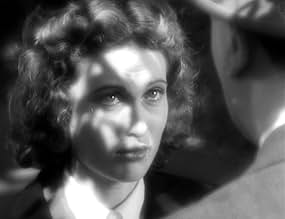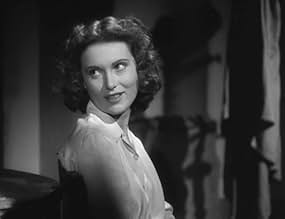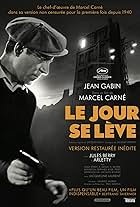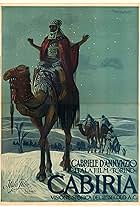Four Steps in the Clouds is a lovely movie about a hard-working heavily-burdened travelling salesman who lets his sympathy for a distressed woman get him into an awkward situation which is nonetheless somewhat of an epiphany for him. Blasetti as director here has a mastering of suspense that I think other directors could well learn from. I think most would have shot the first half an hour of this movie in five minutes. So the movie is full of rustic charm for the weary city dweller, and full of kind moments, wisdom, and occasional humour, with a positively brilliant scene where a bus trip becomes somewhat of a trumpet-borne pageant.
The propaganda aspects of the movie are well worth looking at, and are seldom mentioned from what I can tell. In all fairness I would point out that I don't take exception with any of the content of the movie, but it should be pointed out that it was almost magnetically aligned with many areas of Mussolini's dogma.
This is one of those movies where it is critical to one's appreciation as to whether you take an intentional point of view of the movie, and see it in the context of Fascism or whether you support the concept of intentional fallacy, and maybe look upon the movie as simply humane and beautiful, ripe with existential lessons. I prefer the latter though acknowledging the former.
Mussolini started four "battles" as part of his main economic policy drive, three of these are easily seen in Four Steps in the Clouds. The Battle for Grain, which was about reducing Italian reliance on foreign food imports, the Battle for Births, which was aimed at increasing the birth rate (one effort in this direction was made by banning contraception), and the Battle for Land, which included the draining of the Pontine Marshes for use as agricultural land.
The Battle for Grain made little sense economically, introducing tariffs on foreign grain and in effect subsidising members of the latifondisti (estate owners) such as Maria's father at the expense of the working classes, who saw increased bread prices as a result; one can see, however, how the idea might inspire a sort of natural nationalistic pride.
The Battle for Births led to some fairly extreme conclusions, for example married men in Italy who had six children became totally exempt from tax. A variety of tax incentives and institutionalised career glass ceilings for childless men hugely promoted male fertility, and therefore the bus driver Antonio has financial, as well as purely paternal cause for celebration when his child is born.
At on point in the movie Luca undertakes to show the "newlyweds" his vineyard, which he proudly announces has been grown on re-utilised land, which refers to the Battle for Land.
In contrast to an Italy one may have seen in Fellini movies, women in this movie are seen as a submissive to men, or errant for not being so. Mussolini in fact promoted hugely retrogressive policies regarding women's rights, including sacking all women of child-bearing age from the railways.































